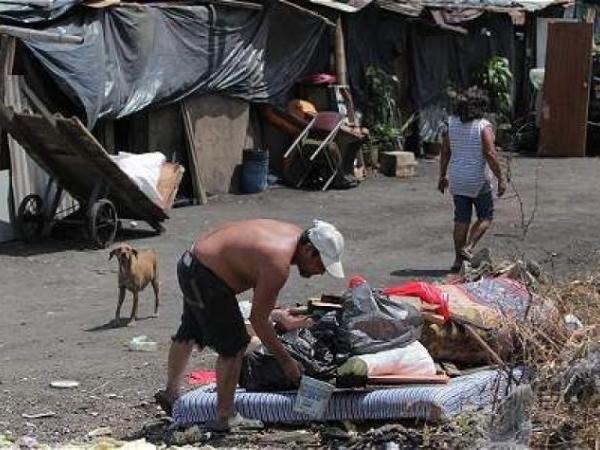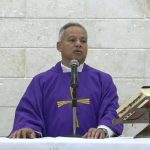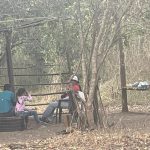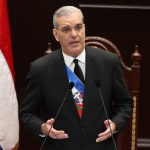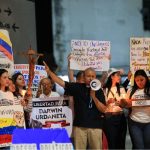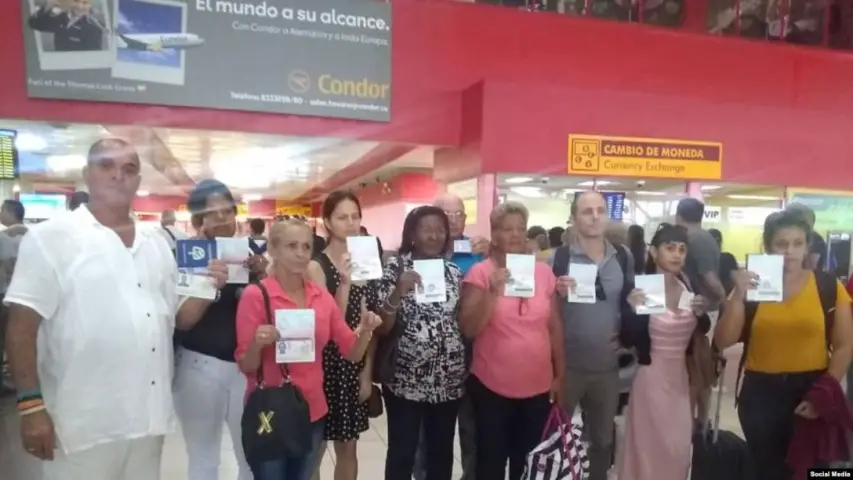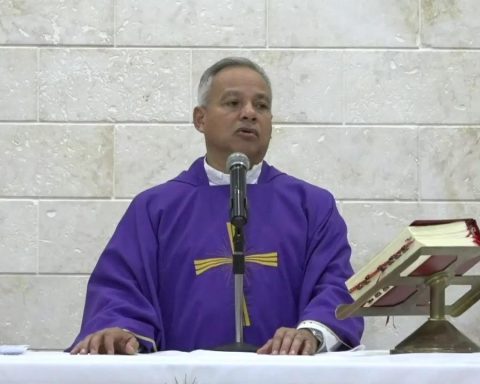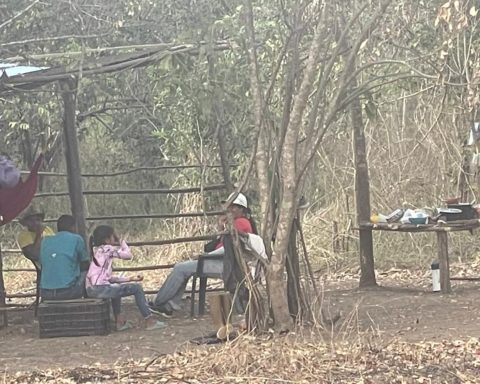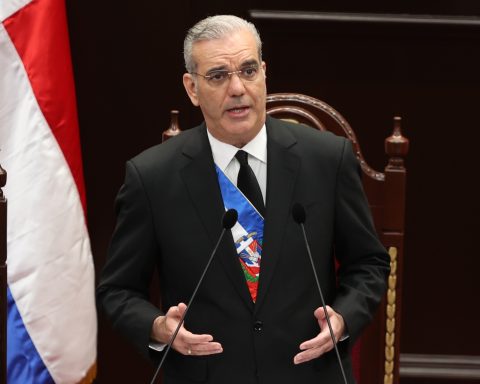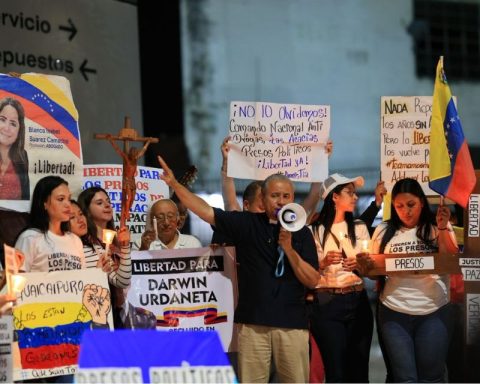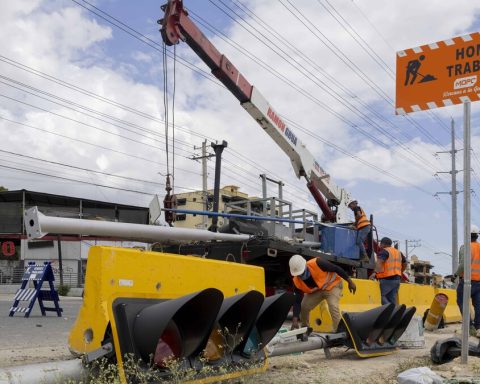What does it mean to be poor or not? This question takes force in the framework of the report Perceptions and subjective well-being in Colombia: beyond the traditional indicators presented by the United Nations Development Program (UNDP).
(Read: This is how Colombians are perceiving their level of poverty).
In this it was concluded that the perceptions that citizens have in relation to poverty and inequality contribute to the persistence of these, and that in addition, didiffers from the objective indicators.
According to the UNDP report, 30% of people living in extreme poverty, and 31% of the poor, do not consider that they are poor, that is, three out of ten. On the other hand, 24% of the middle class do consider themselves poor, as well as 6% of the upper class. “People’s perception is a bit far from reality,” explained María Angélica Arbeláez, director of the report.
According to the expert, there is also a gap between the social position people think they are in, and where they really are.
“When analyzing by income quintiles we see that in quintile 1, where the poorest people are located, people believe they are less poor than they are, while in quintile 5 people believe they are less rich than they are, and all move towards the middle positions of the income distribution”, explained Arbeláez.
According to the UNDP spokeswoman, in addition, when looking at the Dane classification criteria for social classes, the majority of those who make up the middle class in Colombia are located in the last income quintilethat is, in the richest 20% of the population.
(See: Why unemployment in January in the country was 13.7%).
The UNDP report also highlighted some of the concerns that exist in Colombia, especially regarding levels of inequality, income and opportunities.
For 81% of those surveyed the distribution of income in the country is unfair or very unfair, while 74% express the same perception regarding access to health. In the case of access to education, for 65% it is not fair, and in relation to justice, 83% perceive access to justice in Colombia as unfair, or very unfair.
The report also details that people with more education, who perceive themselves to be in the highest income positions and who experienced social mobility, show lower levels of concern about inequality.
In addition, according to the UNDP, trust “is at the center of the vicious circle between high inequalities and low productivity”, because in the country there are very low levels of trust, both in institutions and in other people.
Faced with all this, Sara Ferrer Olivella, the UNDP resident representative for Colombia, assured that if the country wants to generate wealth and overcome poverty “it is a priority to understand the perceptions of citizens: how they feel, what they believe and trust, and what they perceive is affecting their environment, their expectations and their decision-making”.
(Keep reading: Labor reform: even high salaries would rise according to inflation).
According to Ferrer, hehe elements offered by the report can contribute to the analysis and design of public policies to reduce poverty and inequality.
LAURA LUCIA BECERRA ELEJALDE
Portfolio Journalist
